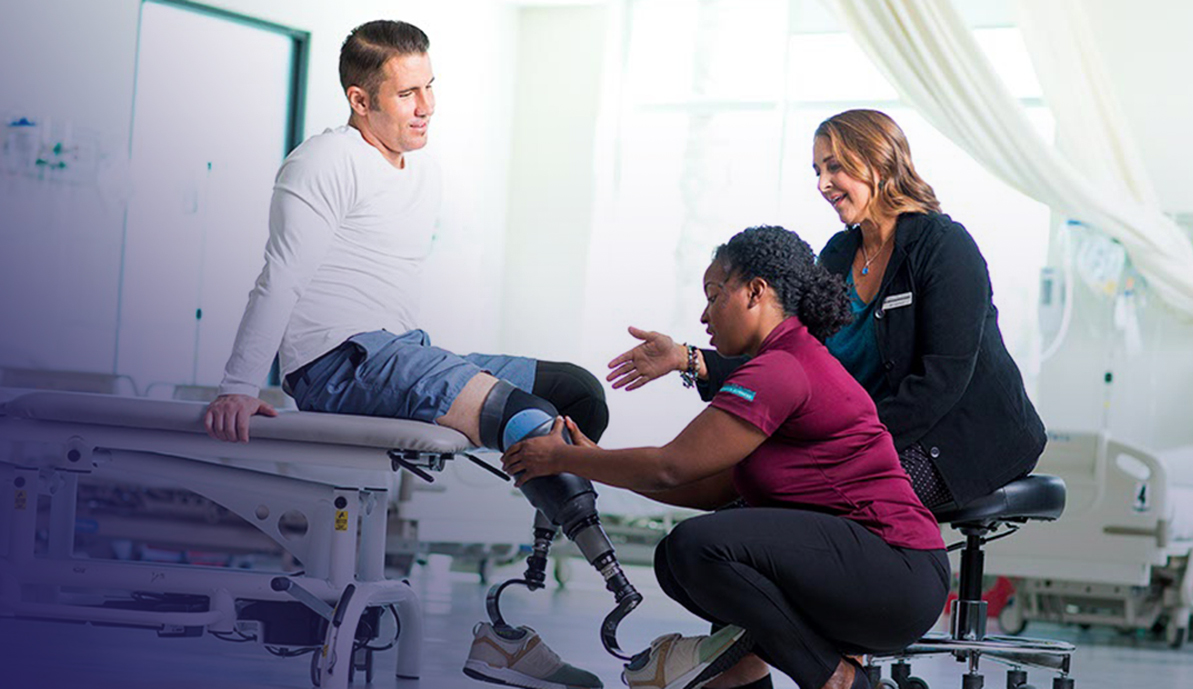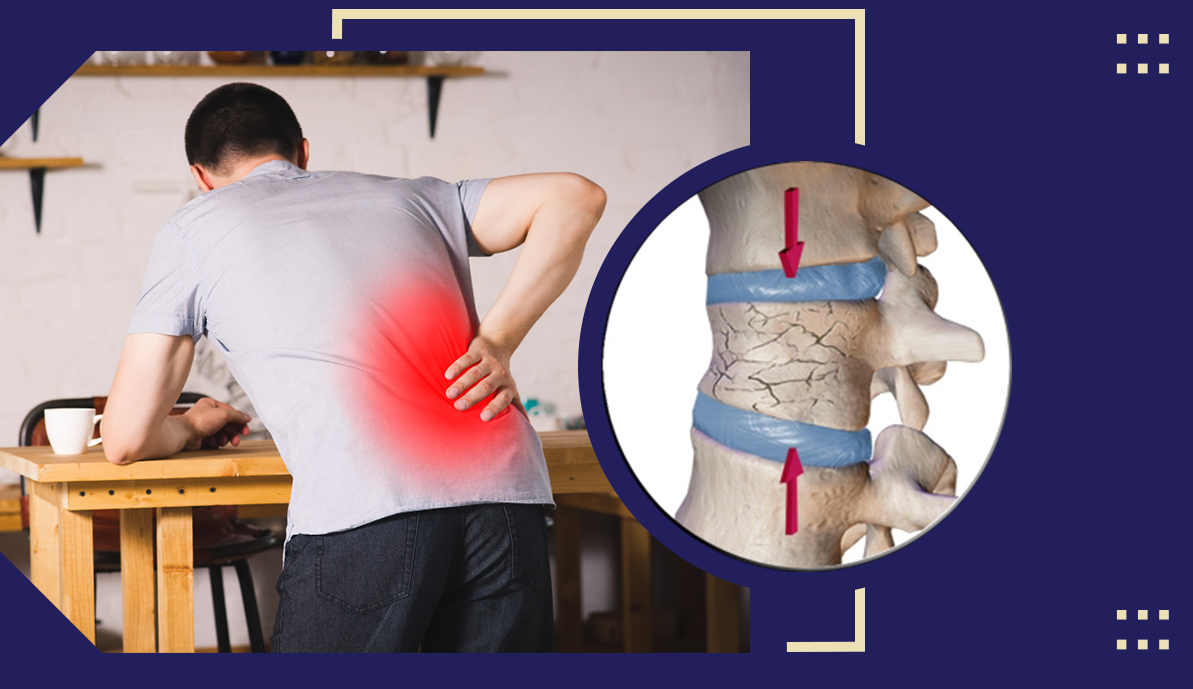
Getting a Knee Surgery After a Car Accident: What You Need to Know
Car accidents can be disastrous, often leaving victims with diverse injuries and challenges to overcome. Among these injuries, knee injuries are alarmingly common, often leading to undesirable consequences. In this article, we will explore the various types of knee injuries that you might encounter in motor vehicle accidents, the diagnostic procedures used to identify them, and the range of surgical options available to facilitate a full recovery. It's crucial to understand your options for Medical Service Assistance to ensure you receive the appropriate medical care.
Common Car Accident Knee Injuries
Statistics indicate that approximately 10 percent of all injuries sustained in motor vehicle accidents involve the knee. These knee injuries can range from mild to severe, but they all demand immediate attention. Some common car accident knee injuries include:
Knee Contusion: This injury involves soft tissue damage to the knee, typically resulting from a direct blow to the knee during an accident.
Knee Abrasion: Involving injuries to the knee where the skin is scraped off, often due to friction during the collision.
Knee Laceration: Cuts to the knee caused by sharp objects, such as broken glass, often present in accident scenes.
Knee Fracture: This encompasses various degrees of knee bone fractures, from partial fractures to complete breaks, which can be particularly painful and debilitating.
Patella Fracture: This is also known as a broken kneecap and is one of the most frequent knee injuries in car accidents, often requiring surgical intervention.
Multi-ligament Instability Injuries: These injuries frequently involve tears to knee ligaments such as the ACL (Anterior Cruciate Ligament) and MCL (Medial Collateral Ligament).
Posterior Cruciate Ligament (PCL) Injury: Another type of knee ligament tear that is common in car accidents and can have long-lasting effects.
Diagnosis of Knee Injuries
To determine the type and severity of a knee injury, a Medical Service Assistance utilizes various diagnostic tests, including:
X-rays: These are commonly used to assess the overall condition of the knee, specifically focusing on the bones.
CT Scans: Computerized tomography scans provide cross-sectional images of the knee, offering an in-depth view of the damage, particularly for fractures.
MRI Scans: Magnetic resonance imaging scans create a three-dimensional image of the knee, enabling a comprehensive assessment of soft tissue damage.
Bone Scans: These scans are helpful in identifying bone abnormalities or fractures.
It is paramount not to delay seeking medical evaluation after a car accident, as prompt diagnosis allows for quicker access to the necessary medical care and treatment.
Knee Surgery Procedures
When knee injuries are severe or involve fractures, surgery often becomes a crucial step in the recovery process. The choice of surgery depends on the type and extent of the injury. Common knee injury surgical procedures include:
Knee Replacement Surgery: In cases of significant damage, the affected part of the knee may need to be replaced, often with an artificial knee or another medical device. Two types of knee replacement surgery are prevalent:
● Total Knee Replacement (TKR) Surgery: This procedure replaces the entire knee joint.● Unicompartmental (Partial) Knee Replacement Surgery: In this surgery, only a part of the knee is replaced.
Arthroscopic Knee Surgery: Knee arthroscopy involves making small incisions into the knee to repair damage. It is commonly used to address issues like torn menisci, cruciate ligament tears, damaged articular cartilage, or loose bone fragments.
Meniscus Surgery: This type of surgery targets the meniscus, a cartilage piece located between the thighbone and shinbone. Depending on the damage, the surgeon may remove, repair, or replace the injured meniscus.Medical Service Assistance
These are just a few examples of the surgical procedures followed by Florida Ortho Surgeons to treat knee injuries resulting from car accidents. The specific operation chosen will depend on the nature and extent of the injury, as well as the surgeon's recommendations.
Conclusion
Knee injuries in car accidents can be life-altering, but with proper diagnosis and treatment, recovery is possible. Understanding the types of knee injuries, diagnostic procedures, and surgical options available is essential for making informed decisions about your healthcare. If you've experienced a car accident and are suffering from a knee injury, don't delay seeking medical attention and legal counsel to ensure a full recovery.
Share with your friends:



